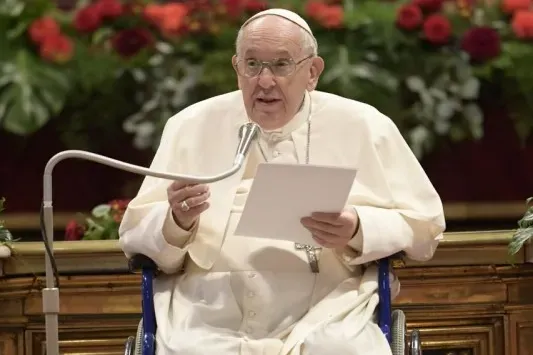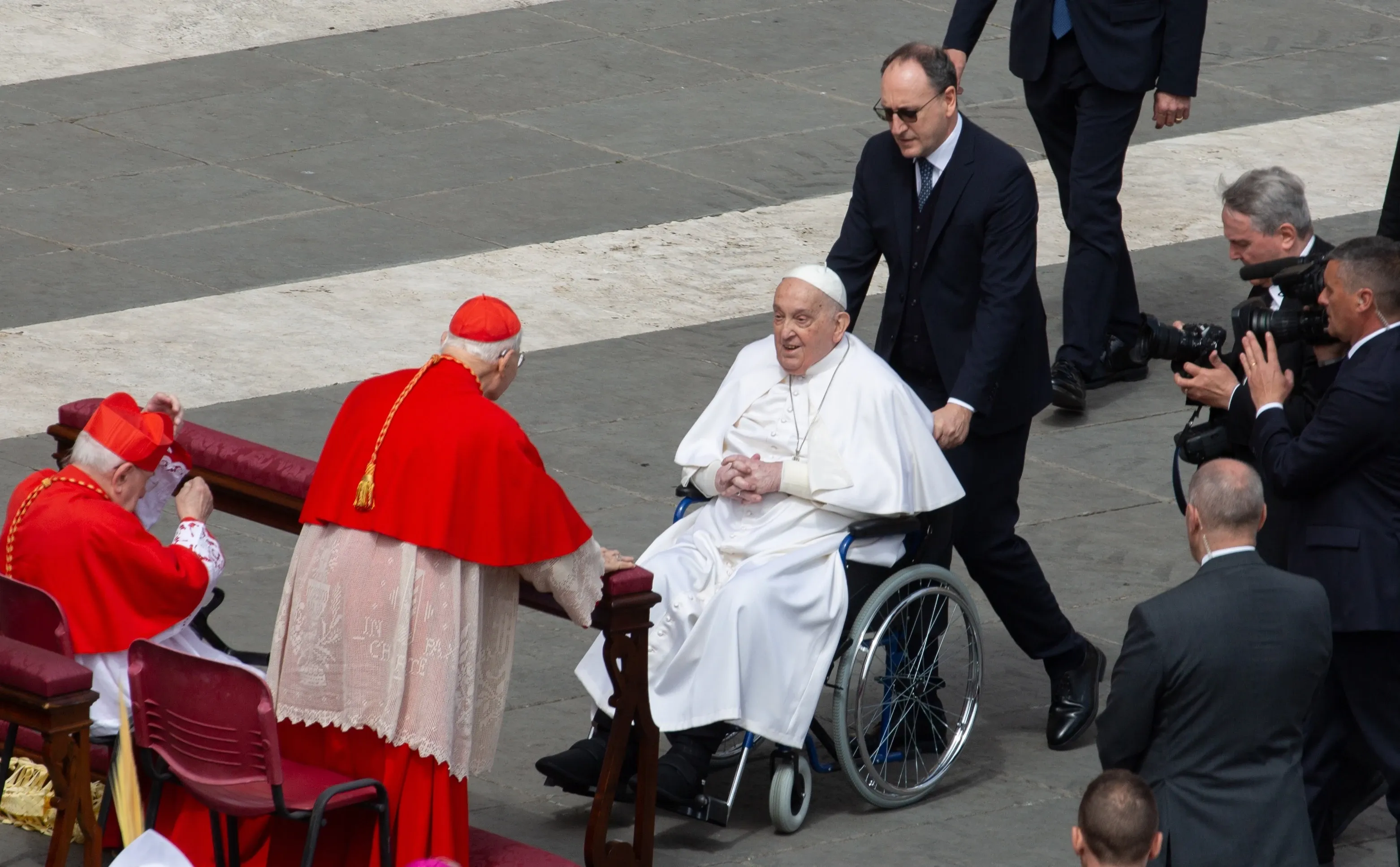Since then, the heat wave has spread to France and the U.K., which broke its national record for the highest temperature ever recorded on July 19.
In his message, Pope Francis explained that he authorized the Holy See on behalf of the Vatican City State to accede to the UN Framework Convention on Climate Change and the Paris Agreement “in the hope that the humanity of the 21st century will be remembered for having generously shouldered its grave responsibilities.”
He said that achieving the demanding goals of the Paris agreement of limiting temperature increase to 1.5°C and reducing net greenhouse gas emissions to zero requires cooperation between all nations.
“This means ‘converting’ models of consumption and production, as well as lifestyles, in a way more respectful of creation and the integral human development of all peoples, present and future, a development grounded in responsibility, prudence/precaution, solidarity, concern for the poor and for future generations,” the pope added.
The pope called for economically richer countries, “who have polluted most in the last two centuries,” to provide financial and technical support for economically poorer nations that are “already experiencing the most of the burden of climate change.”
Pope Francis established Sept. 1 as the annual World Day of Prayer for the Care of Creation following the publication of the encyclical Laudato si' in 2015. The pope has also recommended that the period from Sept. 1 to Oct. 4 -- the feast day of St. Francis of Assisi -- be celebrated as a "Season of Creation."
The theme of this year’s Season of Creation will be “listen to the voice of creation.” The pope expressed hope that the season will be “a special time for all Christians to pray and work together to care for our common home.”
Pope Francis said: “Originally inspired by the Ecumenical Patriarchate of Constantinople, this Season is an opportunity to cultivate our ‘ecological conversion,’ a conversion encouraged by Saint John Paul II as a response to the ‘ecological catastrophe’ predicted by Saint Paul VI back in 1970.”
“If we learn how to listen, we can hear in the voice of creation a kind of dissonance. On the one hand, we can hear a sweet song in praise of our beloved Creator; on the other, an anguished plea, lamenting our mistreatment of this our common home.”
Courtney Mares is a Rome Correspondent for Catholic News Agency. A graduate of Harvard University, she has reported from news bureaus on three continents and was awarded the Gardner Fellowship for her work with North Korean refugees.








